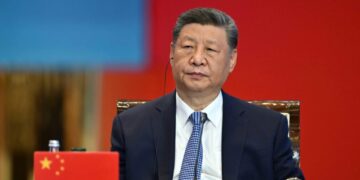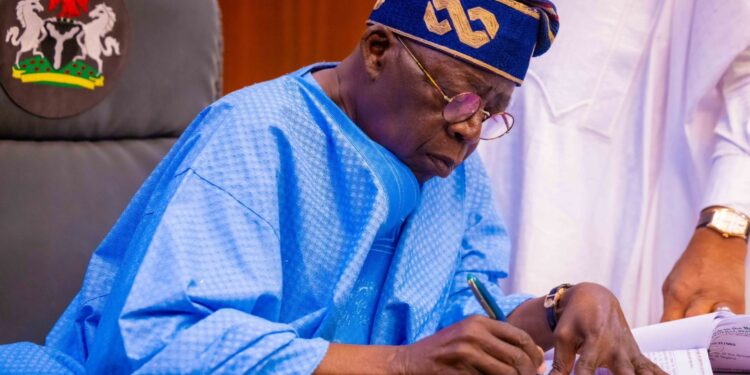President Bola Ahmed Tinubu today enacted Nigeria’s most significant tax overhaul in decades, signing into law four groundbreaking Tax Reform Bills that promise to simplify compliance, boost economic growth, and bring fairness to revenue sharing across states.
A new era is unfolding for Nigeria’s tax system. The newly signed legislation includes the Nigerian Tax Bill, which consolidates multiple tax laws into one streamlined document, eliminating confusion for businesses and individuals. It also includes the Nigeria Tax Administration Bill, designed to modernize tax collection with digital systems and standardized procedures nationwide.
Another key law, the Nigeria Revenue Service (Establishment) Bill, replaces the Federal Inland Revenue Service with a more powerful, independent agency overseeing both tax and non-tax revenues. Finally, the Joint Revenue Board Bill creates a federal-state cooperation framework and introduces dispute resolution mechanisms like a Tax Ombudsman.
These changes will bring a series of impacts across the board. Fairer VAT sharing means states will now keep 30 percent of VAT generated locally, while 50 percent is shared equally among all states and 20 percent allocated by population. This incentivizes economic growth across regions.
Small businesses will benefit from tax relief, as companies earning below ₦50 million annually are now exempt from company income tax, a major boost for Nigeria’s vast informal sector. Compliance is also simplified. Clearer tax rules mean businesses and workers can plan finances without fear of sudden, arbitrary charges.
Why does this matter? For years, Nigeria’s tax system has been plagued by complexity, inefficiency, and a lack of transparency, discouraging investment and burdening small enterprises. These reforms encourage formal business registration by reducing tax pressure on startups and SMEs. They empower states to benefit directly from their economic activities, promoting healthy competition. And they strengthen trust in governance by making revenue collection and distribution more accountable.
It is also a win for the Renewed Hope Agenda. Dr. Zacch Adedeji, Executive Chairman of the Federal Inland Revenue Service, hailed the reforms as a “transformative leap” for Nigeria’s economy. “This isn’t just about government revenue, it’s about creating a system that works for the people,” he stated.
With these changes, Nigeria moves closer to a tax system that supports growth rather than stifling it. For entrepreneurs, salaried workers, and state governments alike, this marks the beginning of a fairer, more predictable financial future.
After years of frustration, Nigeria finally has a tax framework designed for the modern economy. It rewards productivity, protects small businesses, and ensures every state benefits from its contributions. If implemented effectively, this could be the foundation for sustained economic revival.




































